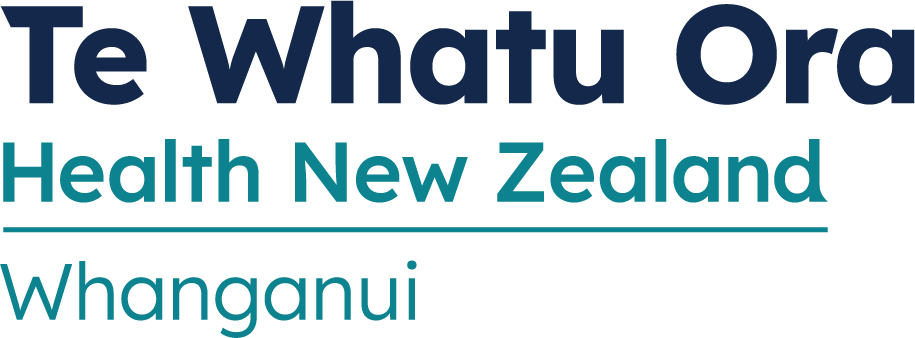
Live and work in Whanganui with Te Whatu Ora Whanganui
While New Zealand is a long way from the rest of the world, today’s affordable flights and great connections between Whanganui and New Zealand’s international airports, make the distance very manageable.
Recognised as a top-performing hospital, we offer a modern hospital with forward-thinking clinical and non-clinical staff who are justifiably proud of Te Whatu Ora Whanganui's achievements.
Our ongoing success in achieving high scores for the six health targets set by New Zealand’s Minister of Health is particularly pleasing. Click here to see how well we are doing in the National Health Targets.
And so too is our commitment to the Te Whatu Ora Whanganui patient safety and quality initiatives. We take the safety of our patients and the quality of care we deliver very seriously and we always welcome feedback from our patients.
Click here to view the Clinical Vacancies we currently have on offer
Click here to view the Non-Clinical Vacancies we currently have on offer
Whanganui. What’s the attraction?
For many overseas residents who move to New Zealand it’s comforting to find ours is a country free of poisonous snakes, spiders, crocodiles and other dangerous animals found in Australia and a number of other countries.
E rere kau mai te awa nui nei Mai i te kāhui maunga ki Tangaroa Ko au te awa Ko te awa ko au. The river flows From the mountains to the sea I am the river The river is me. |
Most residents living in Whanganui and the surrounding Waimarino, Taihape and Rangitikei areas consider Whanganui one of New Zealand’s prettiest, and most historically significant, provincial cities.
It has a hold over the 65,000 people who call it home and the 16,000 district residents who consider it their centre.
Located on the west coast of the North Island, Whanganui sits at the mouth of the 290km long Whanganui River - the country's third-longest river and the longest, navigable waterway in New Zealand.
While Whanganui Maori view the river and its tributaries as the lifeblood of their people and their land, many non-Maori are also deeply moved by the river, its history and its spiritual significance to those born and raised along its banks.
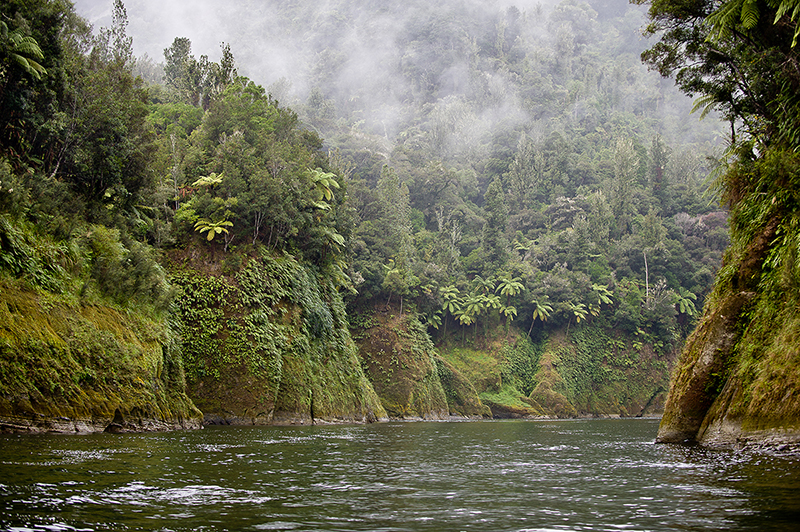 |
Once one of the country’s leading commercial waterways, the Whanganui River continues to inspire artists and outdoor enthusiasts alike. It is, without doubt, the centrepiece of the city’s recreation and tourism industry. The Whanganui River Institute leads the charge in managing recreational use of the river. Its focus is providing a hub for all river-based activities including Waka Ama, canoeing, rowing, kayaking, yachting, motor boats and the Sea Fishing Club.
Many Te Whatu Ora Whanganui doctors take up rowing when they discover its attractions and the support there is for the sport.
Another popular sport in Whanganui is cycling. Leading New Zealand bicycle and accessories wholesaler Cycle Sport New Zealand Ltd has placed Whanganui at the forefront of the New Zealand cycling industry.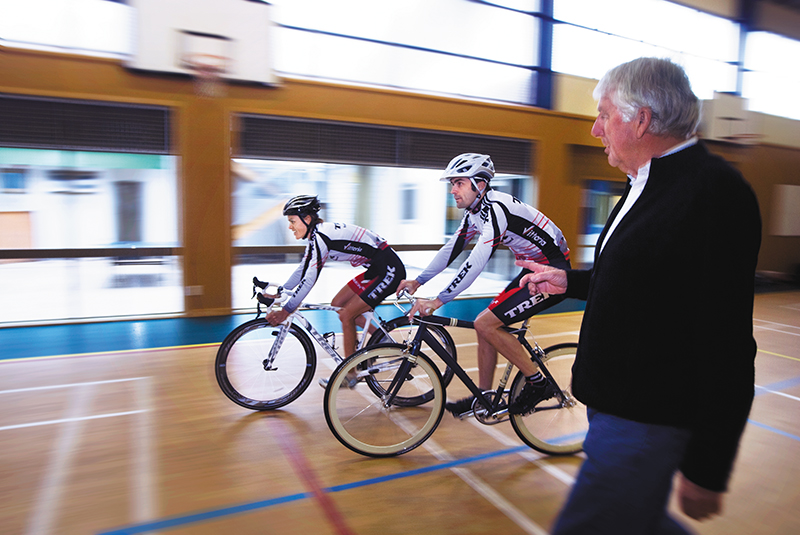 The company was established in 1986 by national cycling coach Ron Cheatley who is a two-time winner of the ‘Halberg Coach of the Year award, coach of five Olympic teams and the father of two cycling champions.
The company was established in 1986 by national cycling coach Ron Cheatley who is a two-time winner of the ‘Halberg Coach of the Year award, coach of five Olympic teams and the father of two cycling champions.
Renowned for top sports facilities including Cooks Gardens athletics and velodrome facilities, and the Jubilee Sports Stadium Complex, Whanganui has, not surprisingly, produced many top athletes and coaches including internationally successful cyclists and Olympic rowers.
The city’s Boxing Day Cemetery Circuit motorcycle road races (established in 1951) continue to be a highlight on the district calendar along with the V8 jet sprint and hydroplane racing which, for the past few years, has added excitement to the summer holiday season.
For skiers and outdoor enthusiasts, having the picture perfect, snow capped, volcanic Mt Ruapehu only two hours’ drive from the city is also priceless.
But Whanganui’s reputation for having something for everyone extends far beyond its sports and outdoors opportunities.
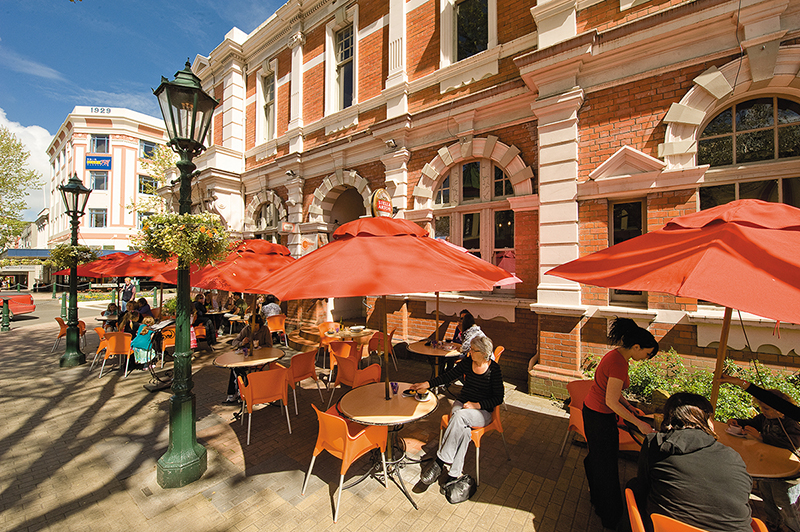 |
Considered one of the best examples of mainstreet restoration in New Zealand, Whanganui's Victoria Avenue is a big attraction for local residents and visitors. The Edwardian-style gas lamps, garden seats, hanging baskets, terracotta pavers, boutique/specialty shops, galleries and craft outlets found in and around Whanganui’s much loved inner city historic buildings are a big drawcard.
Are you new to Whanganui?
www.visitwhanganui.nz has more information about living and working here.
The Lifestyle Guide, described the benefits of living in Whanganui.
The Mountains to Sea Cycle Trail website is a joint project with Visit Ruapehu: www.mountainstosea.nz
You can also contact the Multicultural Council of Rangitikei/Whanganui who run a One Stop Shop for newcomers. The Multicultural Council is a voluntary organisation representing people of different nationalities. Phone (06) 345 9143, email info@wanganuimulticultural.co.nz or write to PO Box 5040, Aramoho, Whanganui.
Education
The city’s schools and education training facilities are outstanding. Whanganui’s five city-based secondary schools offer parents and students choices including religious, secular, private, public, single sex and co-educational schooling.
Adding to the choice is private, all-girls school Nga Tawa and co-educational school Rangitikei College in nearby Marton which is 25 minutes drive from Whanganui.
Whanganui & Partners has more information about educational options in Whanganui.
Affordable housing
Whanganui’s reputation for having some of the best value-for-money housing in New Zealand is another big-plus for many people settling in the city.
Affordable prices enable many people to buy a ‘life-style block’ which they couldn’t have considered if they’d moved to a larger city. Enjoying a maximum 15-minute drive from most suburbs to the central business district or Whanganui Hospital is something many mention when singing the praises of their city.
For more information about Whanganui real estate visit www.realestate.co.nz.
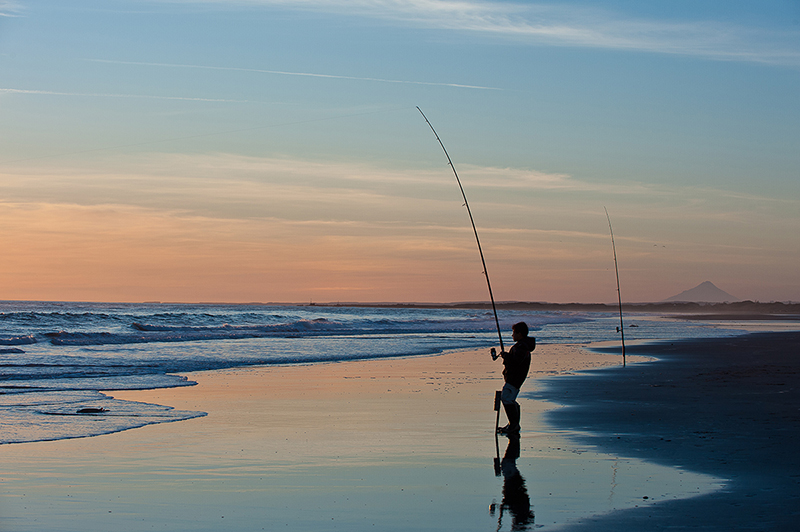 |
Climate
Whanganui residents enjoy a temperate climate with mean temperatures of 9.4°C in winter and 18.2°C in summer.
It’s an ideal city and district to bring up children. Small enough for its residents to know their neighbours and communities, yet large enough to provide most of the attractions one expects to find for the modern lifestyle.
We have a thriving arts community with many arts and cultural events which bring thousands to Whanganui each year.



